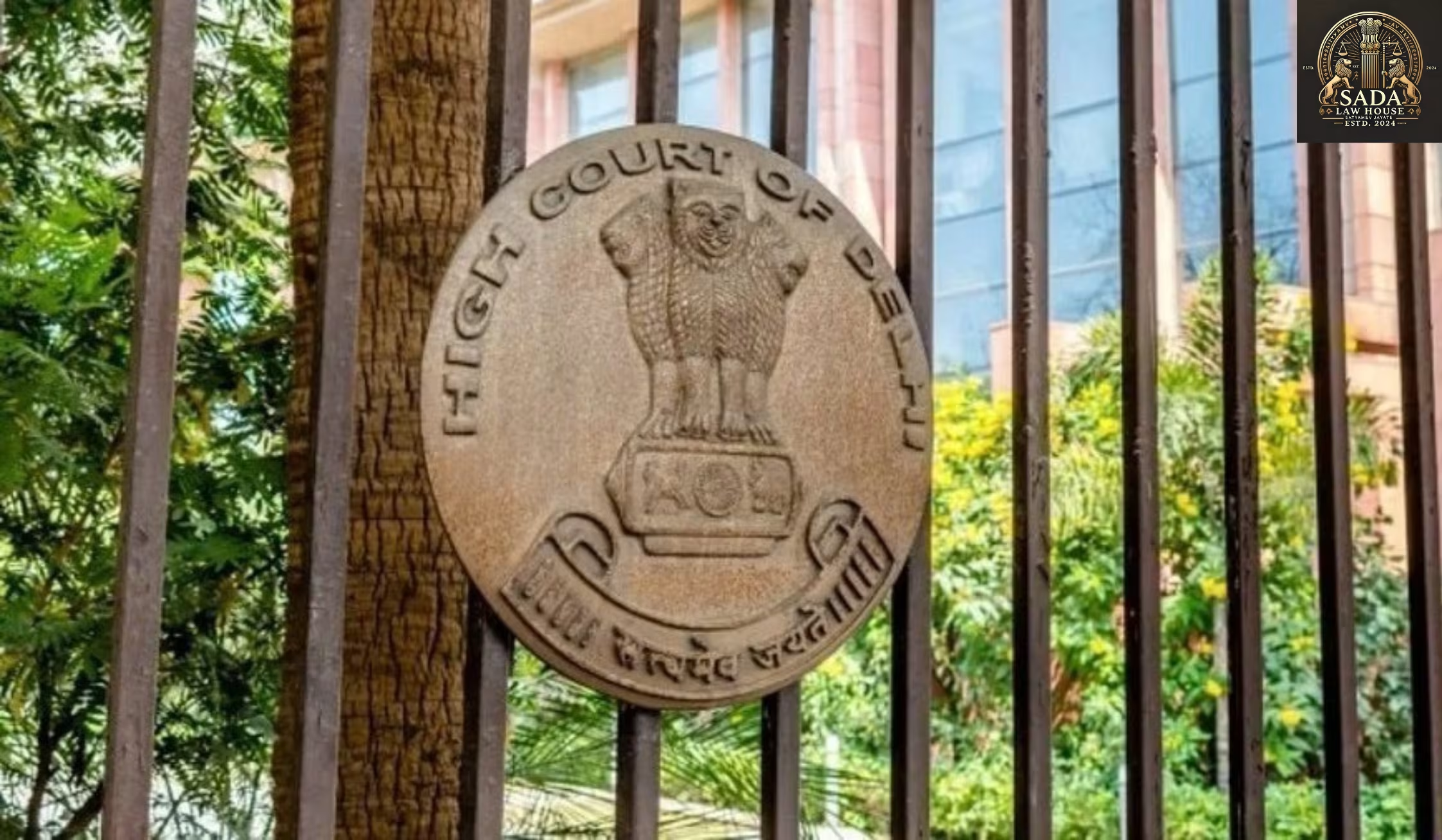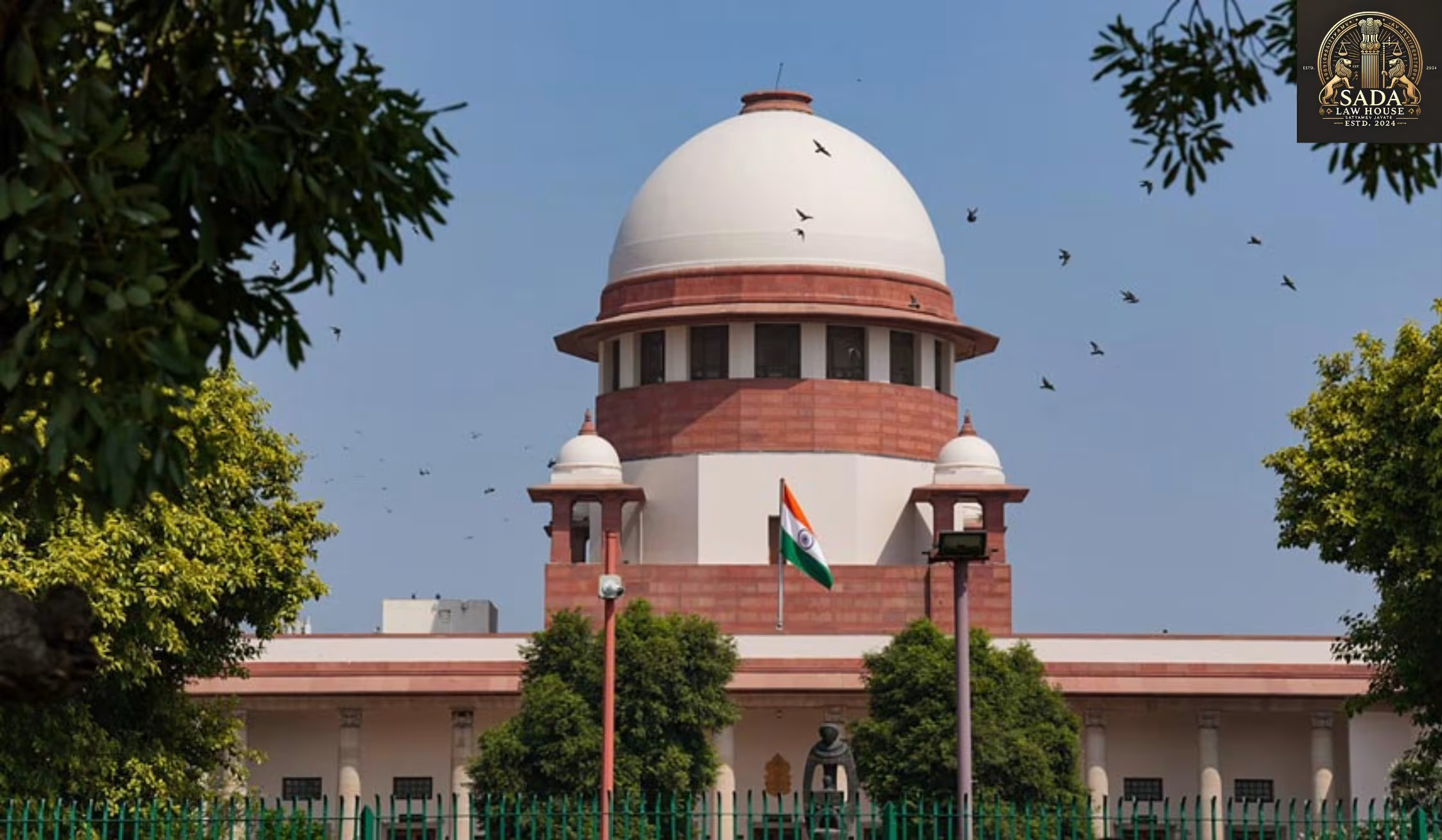Union Minister Kiren Rijiju: The Waqf Amendment Bill Is Prospective Rather Than Retrospective
- MAHI SINHA
- 03 Apr 2025

Update: 02 Apr 2025
During the Lok Sabha‘s consideration of the Waqf (Amendment) Bill 2025 today, Kiren Rijiju, the Union Minister for Minority Affairs, stated that the Bill is speculative in nature and will not have any retroactive effect.
“I have heard a lot of rumors that many properties that belonged to Masjids, Dargahs, etc. will be seized because the ‘waqf by user‘ clause has been removed,” Rijiju remarked.
He said that properties that were registered previously will not be impacted in any way. This law is not retroactive; rather, it is prospective. Please make sure you comprehend this. No one’s property may be taken away by this law. He stated that no one’s rights will be violated.
According to Rijiju, the Bill contains a clause that states that properties that were registered on or before the Waqf (Amendment) Bill 2025 went into effect will continue to be waqf-by-user properties, with the exception of those that are in conflict with the government.
The Bill will not impact ongoing court cases involving Waqf properties. “How can we eliminate ongoing court conflicts by legislation?” Rijiju questioned. “We cannot usurp the Courts‘ power.”
There is no any intention to take away properties
He claimed that the Bill only dealt with property management and did not infringe upon any Muslim community religious practices. The Bill aims to improve the direction of Waqf assets and is not an attempt to seize any Muslim religious property, including dargahs or mosques.
Additionally, Rijiju stated that the Bill will eliminate Section 40 of the Waqf Act, which he described as a “draconian provision” because it gave the Waqf Board the authority to designate any property as Waqf land.
He claimed that a number of problems in the nation have resulted from the abuse of Section 40. According to Rijiju, there have been cases of properties owned by Sikh Gurudwaras, Hindu temples, Christian families, common farmers, and others being designated as Waqf lands.
In response to the suggestion that non-Muslims be allowed to serve on Waqf Boards, Rijiju stated that as the Board is merely a statutory entity to handle properties, no one can insist that its members be exclusively Muslims.
He questioned whether anyone could argue that the government-appointed Charity Commissioners in charge of trust holdings ought to be members of their caste or religion.
Another clause in the Bill states that a person who creates a waqf cannot interfere with the fundamental liberties of women and children in his immediate family to inherit.
This was a “big reform” introduced by the Bill, according to Rijiju. The Bill also suggests adding female members to the Waqf Boards.
Live Cases







